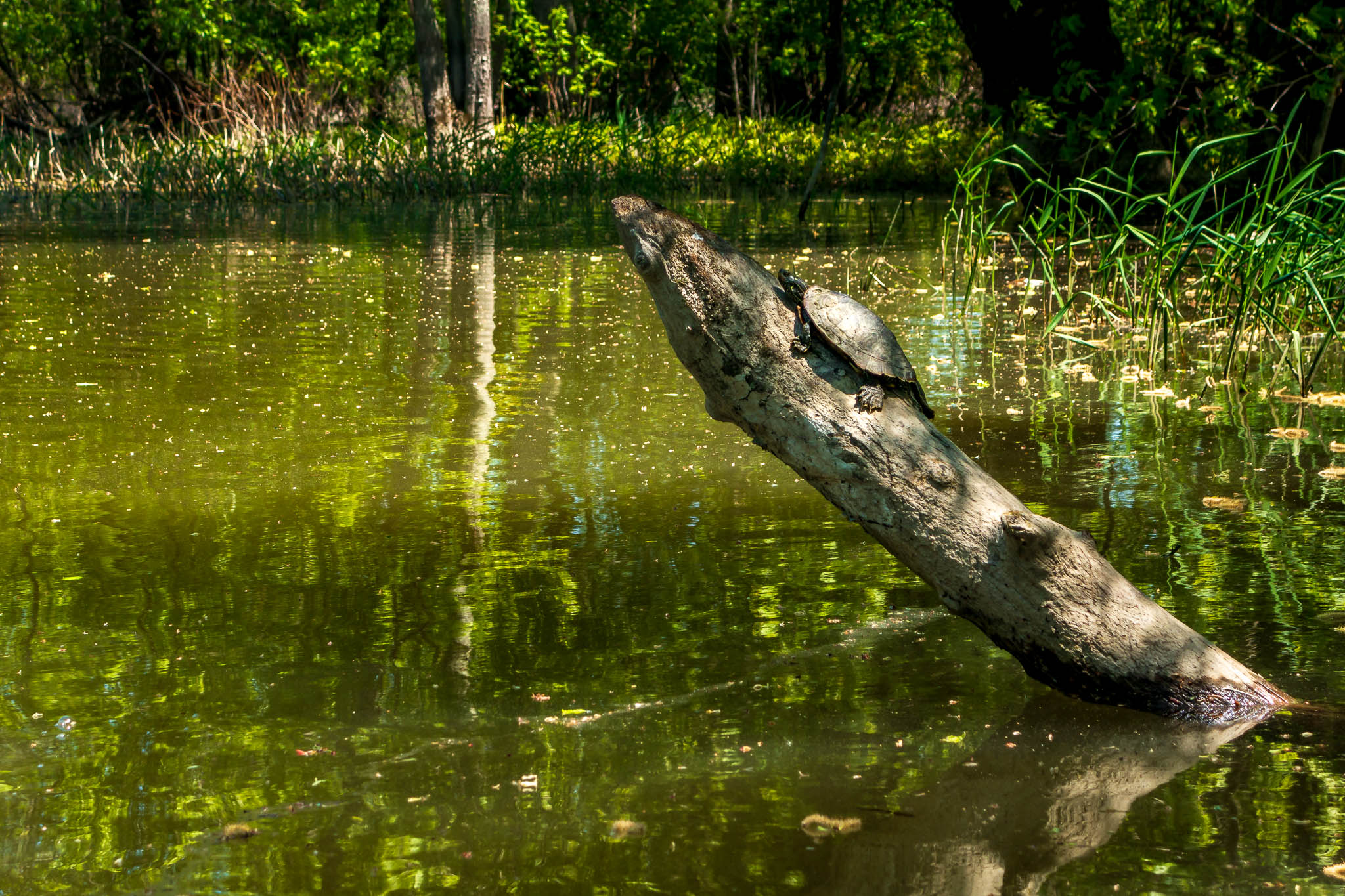Montpelier, VT — Today, Governor Phil Scott signed into law two bills that will address the health of Vermont’s people and environment. S.20 is a nation-leading law restricting the sale of consumer products that contain toxic chemicals known as PFAS, and H.108 enhances protections for Vermont’s wetlands.
Restricting PFAS with S.20
S.20 targets five different areas of consumer products that are major sources of PFAS and other toxic chemical exposure and environmental contamination: food packaging, firefighting foam, residential carpets and rugs, ski wax, and children’s products.
PFAS chemicals — per- and poly-fluoroalkyl substances — are linked to negative health impacts including high blood pressure, thyroid disease, kidney, and testicular cancers, and suppressed immune system function. Harm to the immune system due to PFAS exposure has broad-ranging effects, from reduced ability to fight off viral infections to reduced responsiveness to vaccines.
“The bill signed into law today adds powerful momentum to the fight against PFAS, and will help lead to the elimination of these dangerous substances from all avoidable uses,” said Lauren Hierl, executive director of Vermont Conservation Voters (VCV). “We applaud our state’s leadership for taking such strong action, leading the nation in banning the sale of products that contain these harmful chemicals.”
VCV thanks the many lawmakers who provided important leadership on this bill, including committee Chairs Sen. Ginny Lyons and Rep. Ann Pugh, and Rep. Dane Whitman and Rep. Jessica Brumsted.
Protecting Wetlands with H.108
The bill enacted today ensures that Vermont’s wetlands are addressed (and protected) by State water laws that protect lakes, ponds, rivers, and streams. The law also requires projects with large wetland impacts, like oil and gas pipelines, to undergo a rigorous analysis and avoid impacts when alternatives exist.
“Making progress protecting wetlands and addressing the environmental impacts of expanding fossil fuel infrastructure is critical as we contend with the climate crisis,” said Jon Groveman, Policy and Water Program Director at the Vermont Natural Resources Council (VNRC). “H.108 is a significant step in the right direction.”
Groveman added, “By providing carbon storage, water filtration, wildlife habitat, and flood mitigation, wetlands provide important defenses against the impacts of climate change, while also combatting the root of the problem.”
VNRC thanks Reps. Mari Cordes and Kari Dolan for their leadership on advancing H.108, and Rep. Amy Sheldon and Sen. Chris Bray for their work on the bill as Chairs of the House Natural Resources, Fish, & Wildlife Committee and Senate Committee on Natural Resources and Energy, respectively.
Experts are available for further comment.
###
Jon Groveman, VNRC, jgroveman@vnrc.org / 802-249-7736
Lauren Hierl, VCV, lhierl@vermontconservationvoters.org / 860-670-2629
###




